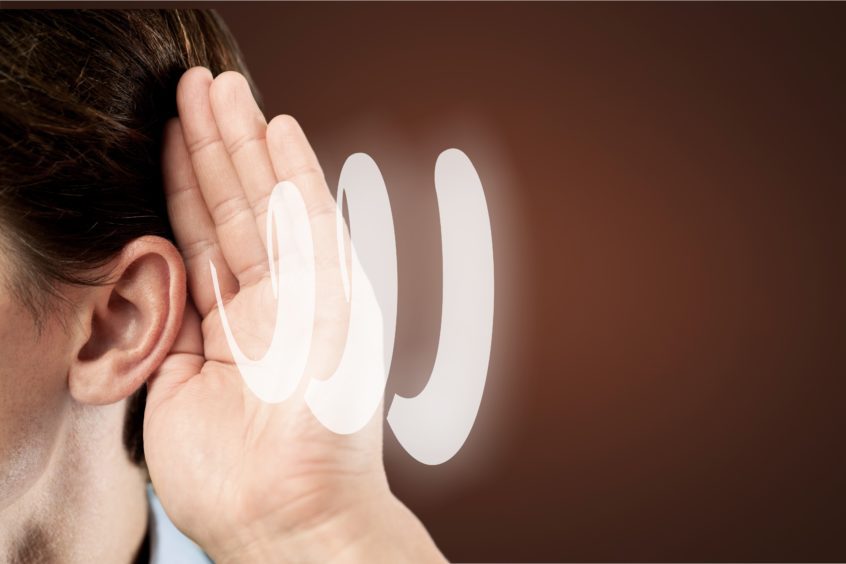According to the American Tinnitus Association, millions of Americans experience tinnitus, making it one of the most common health conditions in the country. The U.S. Centers for Disease Control estimates that nearly 15% of the general public, more than 50 million Americans, experience some form of tinnitus. Roughly 20 million people struggle with burdensome, chronic tinnitus, while 2 million have debilitating tinnitus.
Tinnitus is the perception of sound in the absence of an external sound source. It can take on any number of characteristics and is usually a sound that only you can hear. You can experience tinnitus that varies from soft to loud and from low to high pitched. People describe their tinnitus in a number of ways, including a buzzing, clicking, ringing, white noise, and/or roaring sound. Although these descriptions are typical, each individual’s experience may be different.
There are two types of tinnitus:
- Subjective Tinnitus: Head or ear noises that only the specific person can hear. Subjective tinnitus usually can be traced to auditory and neurological reactions to hearing loss, but can also be caused by other catalysts. More than 99% of all tinnitus cases are of the subjective variety.
- Objective Tinnitus: Head or ear noises that are audible to other people, as well as the individual. These sounds are usually produced by internal functions in the body’s circulatory (blood flow) and somatic (musculo-skeletal movement) Objective tinnitus is very rare, representing less than 1% of total tinnitus cases.
What can you do for tinnitus?
Though you may see products advertised that claim to cure tinnitus, there is currently no scientifically-validated cure. However, there are treatment options that can ease the perceived burden of tinnitus, allowing patients to live more comfortable, productive lives.
The first step toward effectively managing tinnitus should be to find an audiologist who specializes in the condition. At Associated Audiologists, we offer a comprehensive tinnitus management program to assist in diagnosing and managing care for individuals who have tinnitus. Often, the best place to start is scheduling a diagnostic hearing evaluation to better understand and diagnose what is happening with your ears and auditory system.
The program’s services are provided by Susan Smittkamp, Au.D., Ph.D., tinnitus specialist. Dr. Smittkamp uses the most sophisticated technology available in the greater Kansas City area to diagnose and manage tinnitus.
For many patients with tinnitus, the latest digital hearing aids may be particularly useful in managing tinnitus. Some hearing aids include supplemental sound generator functionality (white noise or other sounds, such as chimes, played directly into the ear) that helps reduce the perception of tinnitus.
This makes it more difficult to consciously perceive tinnitus and helps the brain focus on outside, ambient noises. The impact of hearing aids is particularly strong for patients who have hearing loss in the same frequency range as their tinnitus.
Hearing aids also help by augmenting the external volume of activities such as a conversation, watching television or talking on the phone, above the perceived volume of tinnitus. As a result, these individuals may feel less personal frustration and social isolation.
In some cases, hearing aids work best as part of a structured tinnitus management plan.
In other cases, an alternative option may be recommended. Associated Audiologists offers a number of FDA-cleared tools for tinnitus management such as Neuromonics Oasis, a customized sound therapy tool that uses modified music and relaxation tracks to reduce tinnitus awareness and disturbance. Patients usually experience relief early on in the therapy period. Continued use promotes tinnitus habituation.



